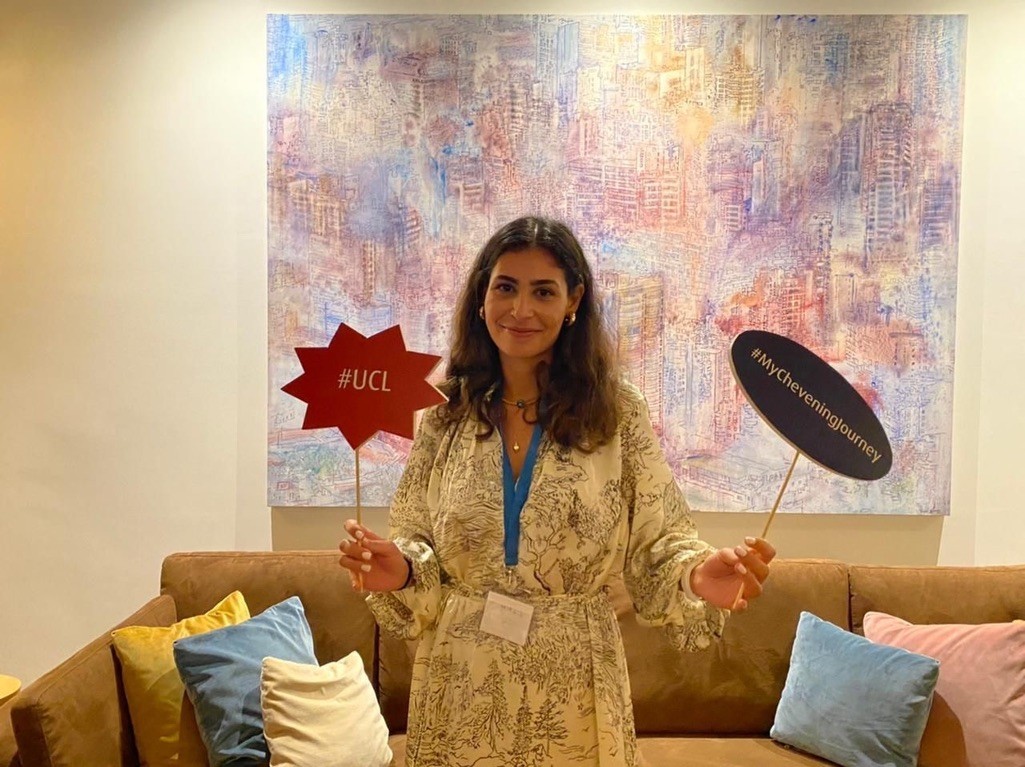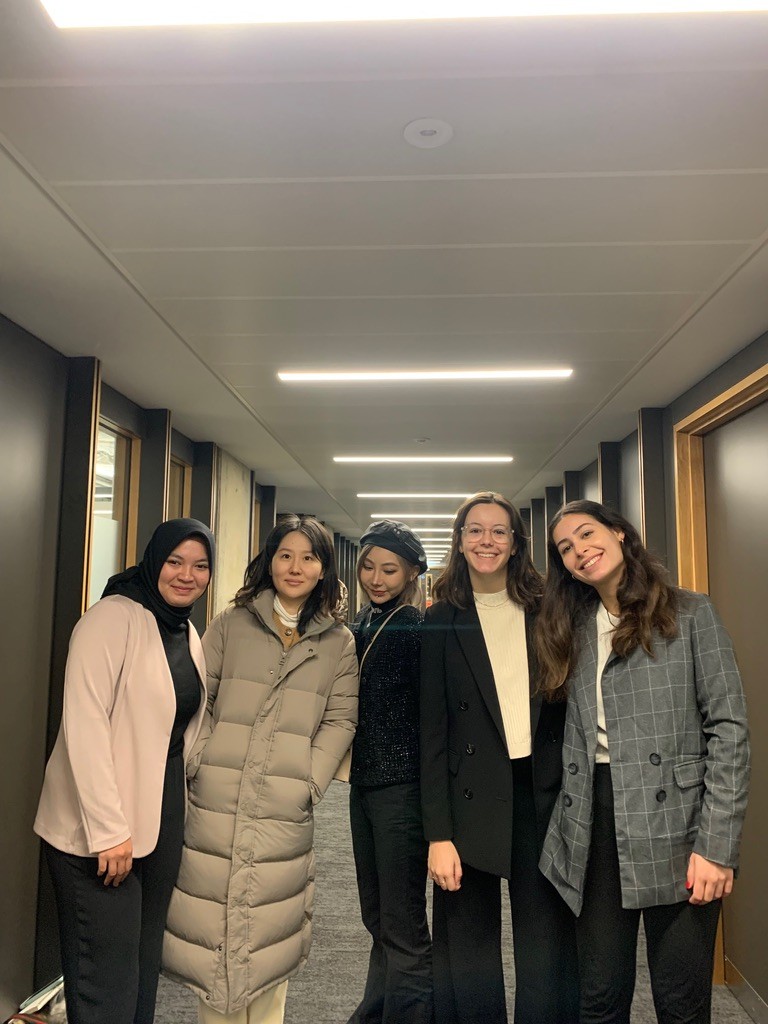Scholarship
Chevening, innovation and GovTech consulting
Chevening-Siren Scholar Dina Richani's experience underscores the transformative power of GovTech and learning from the mistakes of others.

Dina Richani's path to becoming a digital transformation consultant for the World Bank began with a profound moment in her life - the devastating Beirut Port explosion of 4 August 2020.
"That day, when that corruption literally exploded in front of us, that's when I was like, enough is enough," Richani recalls. "Like we're going to die if things continue this way. We’ve got to do things differently, and technology is a different way of doing things."
Richani was determined to find ways to improve governance in Lebanon through the power of technology. This led her to apply for a Chevening-Siren Scholarship, which took her to the UK to do a Master's of Public Administration in Development, Technology and Innovation Policy at University College London.
"I was so fixated on the idea that there's so much corruption in my country," Richani explains. "I thought that if countries were to adopt technologies, then their governments would be more organised and more transparent."
Challenges and context in digital transformation
Richani is realistic about the significant challenges facing digital transformation efforts in countries like Lebanon, where there is deep need for oversight to be strengthened and for digital capacities and infrastructure to be built.
"There has to be a creation of a certain entity … that prioritises digital skills as the car that's going to get things running," she says. "Otherwise, what's the point of going digital if you don't have the human capital to retain it and work through it?"
This sensitivity to the broader context and political economy within which transformation initiatives sit was current throughout Richani’s studies, and is something she encourages in other Chevening-Siren Scholars.
“In the classroom we'd often be discussing topics from developed nations around the world, and I would make a point to ask how those experiences apply to countries in our part of the world,” she says. “I would always think, OK, I'm learning this, but how am I going to apply it when I'm back in Lebanon?”
This thinking was present among her colleagues as well, whose research similarly left her thinking that innovation and technology has to be tailored to the context.
“Technology is huge. It's vast, it's diverse … but, most often, governments believe the way to solve their problems is to adopt huge emerging technologies,” she notes. "But in certain scenarios, minimalism is better. Simplifying things can also be innovation and a way of solving your problems.”

Chevening-Siren Scholar Dina Richani with her peers at University College London
Advice for aspiring Chevening-Siren Scholars
This sharing of experiences and perspectives gets to the nub of the Chevening-Siren Scholarship. For Richani, it’s key for those seeking to forge a career in digital transformation.
"Connect with people who have worked in governments while digitalising," Richani recommends. “Ask about the ways in which they failed. This gives us leverage, especially for countries that haven't really started [the digital transformation process] yet. We get to learn from other countries' mistakes so we can leapfrog."
Beyond connecting with seasoned professionals, she also highlights the value of networking with fellow Chevening Scholars from around the world. "There's so much to learn from them … You get to know what their countries are going through, and you don’t feel so alone in thinking 'Oh my God, how am I going to go back and apply this?’ Other countries also suffer from very similar problems.”
Finally, for those interested in applying for the Chevening-Siren Scholarship, Richani has some sage advice: "Just be yourself. Just really talk about what you're passionate about. Don't think about flowery language and sounding so academic and smart. Just really let it stem out of your own passion, your purpose."